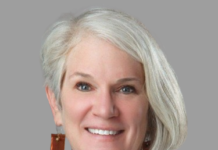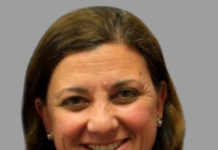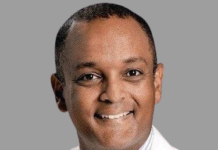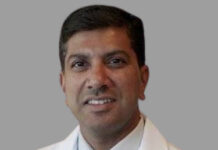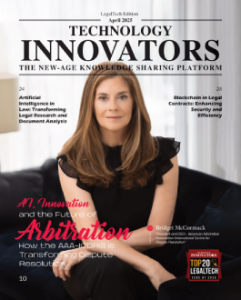Website: www.omsyn.no
Management: Vidar Arnulf, CEO
Founded Year: 2011
Headquarters: Stavanger, Rogaland Norway
Description: Omsyn provides services in telemedicine to provide better space for security, care, quality of life, health through the use of technology and routines.
Bridging the Gap in tomorrow’s Healthcare
“Transforming an idea into a reality” is not just a title of a book for Vidar Arnulf. It is a relentless passion that helps him bring the best possible healthcare to people wherever they are. Being a medical doctor, Arnulf is committed to the Hippocratic Oath which helped him establish a loyal relationship between medicine and technology. Through his company, Omsyn, Arnulf strives to meet the needs of tomorrow’s healthcare by technology and services. “Technology has become an increasingly important part of medicine; but still medicine, in its core nature, is art. I find this inspiring as technology can be used to give physicians a better understanding of their patients, offer other means of communication, deliver instant access to historical data, and thereby enable them to better perform the art of medicine,” says Arnulf.
Having a strong foundation in management, finance, and entrepreneurship, Arnulf easily identified the gaps in the healthcare industry and transformed his idea into reality. “Hospitals tend to centralize, concentrating specialized care to few centers. This means that the distance between patients and the caregivers increase.” Often this increased distance between medical competence and the patient pose a democratic problem of ensuring everybody has equal access to the best diagnostics and treatments. “This may create differences in quality of care depending on where you live and who you are.” This is where Omsyn comes in.
Omsyn’s technological solutions are nothing but tools that bring medical knowledge to people where they live in the most affordable way. For instance, a family physician who wants to consult a specialist about a pediatric problem no longer needs to wait for a consultation with the pediatrician in the local hospital. Through Omsyn’s telemedicine platform, they can get access to any pediatrician despite the distance. In essence, a child with congenital heart failure living in a remote area of coastal Norway is equally close to a specialist in Children’s hospital of Philadelphia, as to the local hospital. “In my view,” says Arnulf, “tomorrow’s hospitals will be located in people’s bedrooms. At least many of the tasks performed by hospitals today may be provided at patients’ homes. We are the facilitators to this goal.” Alongside, Omsyn’s solutions offer diagnostics, follow-ups on treatments, and disease or deteriorations predictions before it happens.
Moreover, Omsyn’s use of sensors, continuous sampling of data combined with use of AI provides those close to the patient and the patient herself/himself with a tool for decision support. The communication module helps patients to have consultations with nurses or doctors in their homes without having to spend hours travelling. “We also use this data collected to individualize treatment and through machine learning technologies, be able to predict adverse situations before they happen. Thereby, Omsyn can act as a synchronized platform for prevention,” notes Arnulf.
Omsyn is always ahead of time. In the present times of pandemic and epidemics, they already are equipped to deliver ballistocardiographic sensors which are sensors monitoring vital signs without touching the patients. They are also currently participating in a multi-center study of Covid-19 patients treated at home. So far there are indications they can identify those in need of hospitalization at an early stage of the disease. “I think we will be better prepared when the next epidemic hit us,” ends Arnulf.


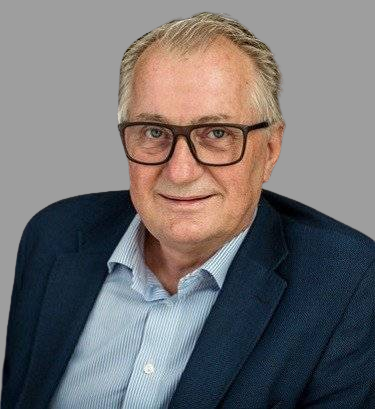
 Company: Omsyn
Company: Omsyn